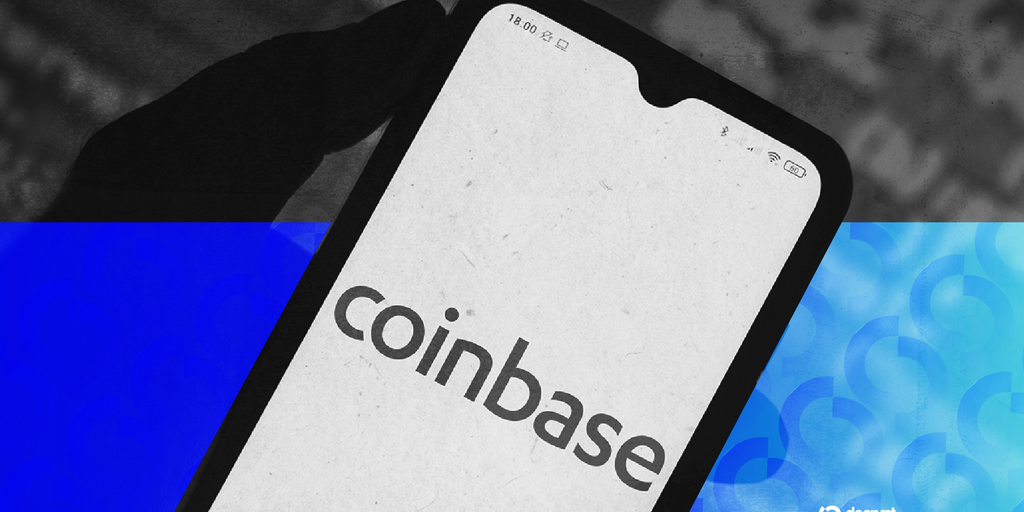
In a rapidly evolving story, TaskUs, a prominent outsourcing firm, has come under scrutiny after an amended lawsuit alleged systemic security lapses and the concealment of a data breach tied to Coinbase customer information. The lawsuit, filed in the Southern District of New York, adds further details to an already complex case with implications for both companies and the broader cryptocurrency sector.
Details of the Alleged Breach
The lawsuit centers on claims that TaskUs’s India operations were infiltrated by a criminal bribery scheme in late 2024. During this breach, employees were allegedly bribed to photograph sensitive Coinbase account information, which was subsequently exploited by scammers. Plaintiffs in the case argue that the conspiracy involved not just front-line staff but dozens, if not hundreds, of TaskUs employees. To address the leak, TaskUs reportedly dismissed around 300 employees in January 2025, but the lawsuit alleges the scope of the breach was much wider than initially disclosed.
Coinbase, the leading cryptocurrency exchange in the U.S., announced in May 2025 that fewer than 1% of its monthly transacting users were affected. According to the company, impacted users were reimbursed, and vendor controls were tightened. Additionally, Coinbase terminated its relationship with TaskUs and set up a $20 million reward for information leading to arrests and convictions of those involved.
Concealment Allegations
Adding to the controversy, the lawsuit claims that TaskUs misled regulators and investors by failing to disclose the breach in its securities filings before a $1.6 billion Blackstone buyout. Notably, the company’s Form 10-K filing in February 2025 did not include any mention of the data breach. Plaintiffs argue this omission undermines trust and could have implications for shareholder confidence and regulatory oversight.
What This Means for Consumers
The lawsuit has prompted significant attention to data security, especially in industries reliant on third-party providers. Legal experts emphasize that businesses must adhere to higher standards of data protection, including using robust safeguards like encryption and multi-factor authentication. For consumers, the case serves as a reminder of the importance of monitoring accounts and utilizing security best practices to prevent identity theft or fraud.
Protecting Yourself Online
This breach highlights the need for personal vigilance. Experts recommend the use of password managers and Virtual Private Networks (VPNs) to protect sensitive information when engaging with online platforms like Coinbase. A suggested product for enhanced online protection is the NordVPN, a trusted VPN provider that encrypts your internet traffic and provides added layers of security.
Conclusion
With allegations of TaskUs’s failure to maintain proper safeguards, the case underscores the complexities of modern digital security in high-risk industries like cryptocurrency. As the lawsuit progresses, regulators and courts will likely focus on whether practices within companies like TaskUs meet consumer protection standards and legal requirements. Stay informed with the latest updates to understand how this case impacts data privacy and cryptocurrency security moving forward.



